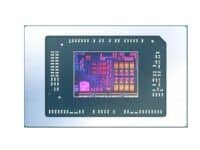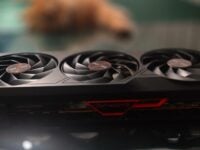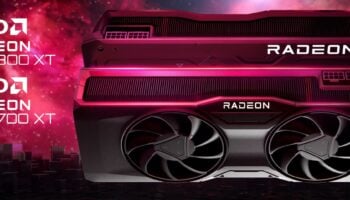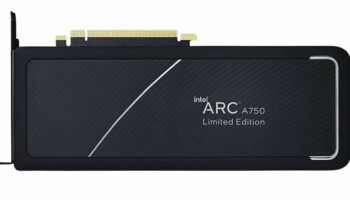The case of Amazon’s New World (an MMO) killing graphics cards has been a rather popular subject of discussion over the past several days. A lot of experts have been placing the blame on the game itself, calling it a “poorly optimized” title, but that’s just not the case. Any piece of code or a game that you run on your GPU shouldn’t cause it to stop working. Even power-hungry stress tests like Furmark don’t do that, the reason being there are plenty of safeguards in modern hardware.
Igor (Igor’s Lab: Link here) has demonstrated this, proving that the main reason EVGA’s GeForce RTX 3090s died was due to a design flaw in the fan controller, rather than the game. Furthermore, it turns out that EVGA has known about this issue for months, but the management simply decided to ignore the problem.

As you can see in the above shot, even the GeForce RTX 3080 from EVGA suffers from the same problem. Even with the FPS locked to 50-70 FPS and the power limit reduced to half, the fan speeds randomly spike to insane figures. However, it’s hard to notice under normal circumstances as it only happens for a few seconds. At higher frame rates, such as in Amazon’s New World (which goes over 1000 FPS), this is much more frequent and severe.
By pushing the fan speeds to these unsafe speeds, the controller risks failure, potentially causing the GPU to fry. The fact that this is more common on the RTX 3090 and not the lower-end SKUs is likely because only the former can produce such high frame rates. Furthermore, since it’s a massive die with over ten thousand pulsating cores, it’s bound the run the hottest as well.
To make his point, Igor was able to reproduce the same behavior in Anno 1800. The fan suddenly churns to 100%, making strange noises, and once again, this happened even with the FPS locked to 60 FPS. Furthermore, limiting the fan speed in the control panel didn’t help either, and the fan continued to run at unreasonably higher speeds.
I doubt EVGA will recall all its units based on this fan controller design, but it should be possible to fix this with a BIOS update, limiting the fan speed to a certain speed via the firmware. As of now, EVGA hasn’t commented on this, although RMAs are being issued to users. It’d be a shame if the company decides to keep quiet to avoid bad PR and leave the issue as is.






